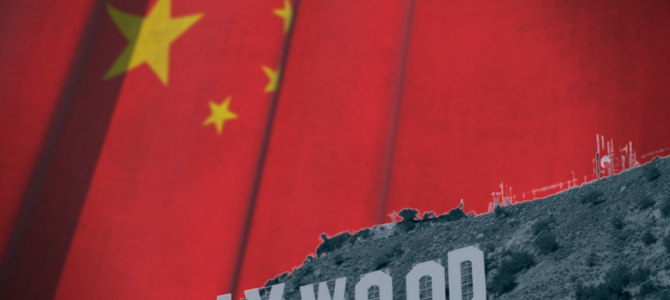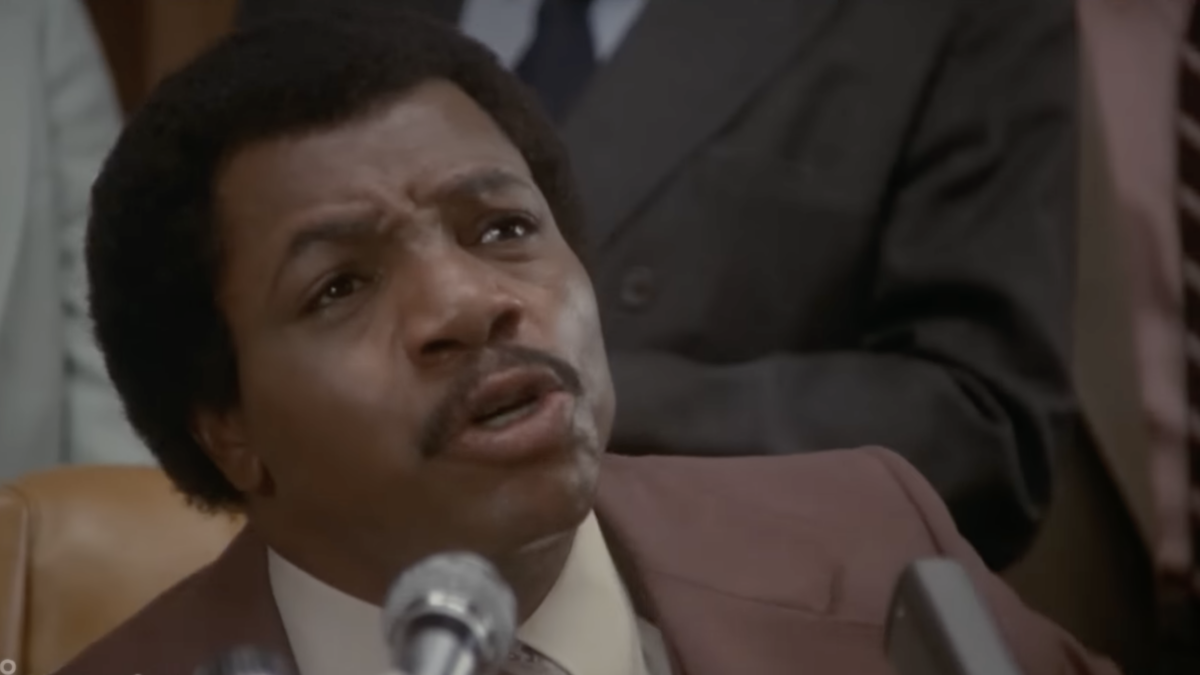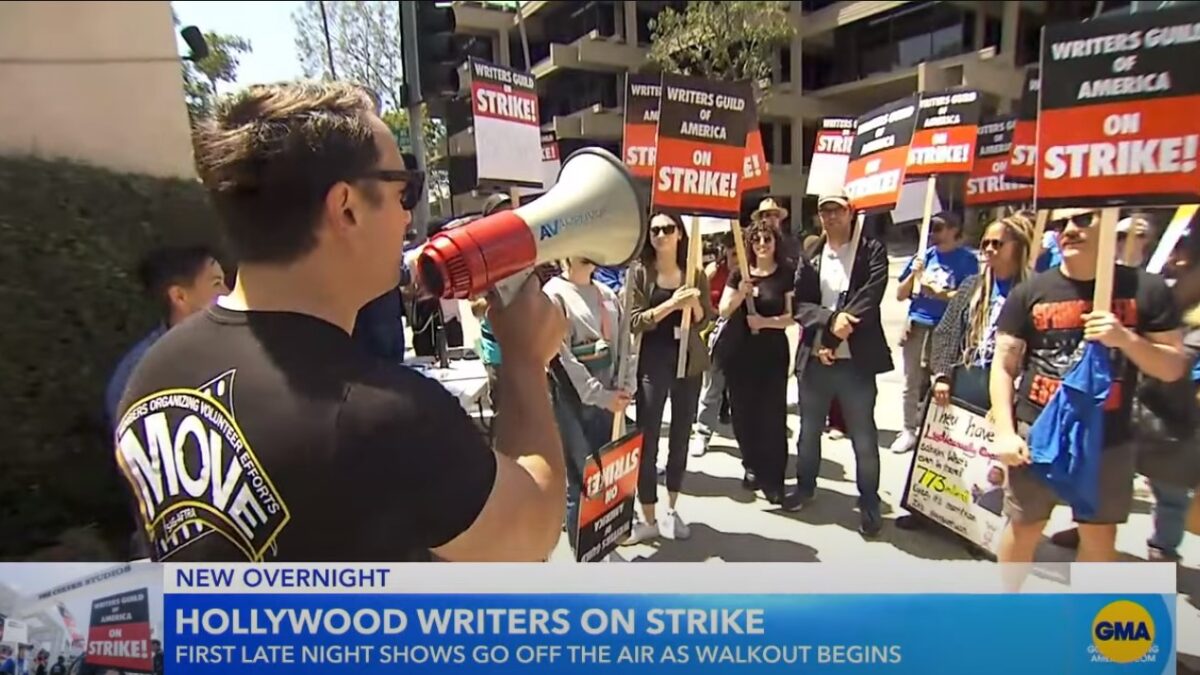
Last Christmas, sitting in an empty coffee shop across from my high school, I called Chris Fenton to talk about China. That interview ultimately played a big role in a Jan. 15 story probing Hollywood’s cozy relationship with Beijing, wondering how the industry would adapt to shifting political winds.
After the holidays, that coffee shop likely remained empty for most of the year. So, too, did most American movie theaters. In the early months of 2020, a virus from China thrust the world into chaos, but a year into the pandemic that wrecked the industry, Hollywood is hardly backing away from the Middle Kingdom. Quite the contrary.
“Dependency on the market will grow,” Fenton predicts, “which means the wherewithal to push back on CCP encroachment and bilateral imbalances will wane.”
Numbers released this month confirmed the inevitable. In 2020, ticket sales at the Chinese box office surpassed the North American box office, making China the world’s top moviegoing market. Both markets obviously suffered enormous losses in 2020, but China still came out on top, an outcome experts expected to occur in the coming years anyway. Of course, it’s ironic that a pandemic unleashed on the world in no small part due to Beijing’s moral corruption is what ultimately enabled China to win this particular race. But it gets worse.
Fenton is a Hollywood executive who spent years working to distribute major American films in China. You may have read his book, “Feeding the Dragon: Inside the Trillion Dollar Dilemma Facing Hollywood, the NBA, & American Business,” which enjoyed a timely release date in July. It offers some surprising insights into the development of the film industry’s close relationship with China, which Fenton has come to regret facilitating.
Last year, before the pandemic, Fenton explained the consequences of Hollywood’s growing financial dependence on China. Observers, including lawmakers like Sen. Marco Rubio, R-Fla., were increasingly aware of the American film industry’s willingness to appease censors in the Chinese Communist Party.
In fact, after coverage in the Washington Examiner and The Federalist pointed out that films like the “Top Gun” sequel were appeasing CCP censors while also using Pentagon resources, Sen. Ted Cruz (R-Texas) introduced a bill that would prevent such abuses.
As Fenton and others have shown, Hollywood is generally terrified of offending Beijing, for a few key reasons. First the market is increasingly lucrative, meaning there is a lot to be gained by getting your films into China. At the same time, however, the CCP is deeply sensitive, so it’s very easy for studios and actors to get on their bad side, which can result in total blacklisting and the consequential loss of profits. It’s also very easy to violate the CCP’s content standards, which can cut a film off from a huge chunk of profits at the Chinese box office.
Crucially, all this is happening in the context of China’s increasingly abhorrent record on human rights, and as the country is increasingly focused on undermining the United States. It’s immoral and unpatriotic to boost the CCP’s fortunes, turn a blind eye to their human rights abuses, and enable their financial and propaganda efforts to undercut the United States. Unfortunately, however, Hollywood will be doing a whole lot more of that in the years ahead.
When American theaters reopen, the accelerated shift to streaming means insiders expect the domestic box office to rebound but never fully recover. “China,” Fenton insists, “is different because theater-going has become a habit. It’s new. Fresh. And has built into the cultural fabric of the market as their middle class has grown.”
“There’s lots more room to expand too, so that market will only become more and more important to Hollywood moving forward,” he adds.
This exacerbates a remarkable tension for Hollywood’s class of preening leftists who, like corporate executives, have made political sanctimony a feature of their reputations. They wax sanctimonious about American politics, profiting off the media’s fawning coverage of it, while maintaining a calculated silence on the CCP to boost their bank accounts. “You say you’re woke but the companies you work for—Apple, Amazon, Disney. If ISIS started a streaming service you’d call your agent, wouldn’t you?” Ricky Gervais quipped at the 2020 Golden Globes.
As Secretary of State Mike Pompeo left office on Tuesday, he designated China’s despicable treatment of Uyghur Muslims as “genocide” and “crimes against humanity.” On a press call, senior state department officials characterized the decision as “an attempt to mobilize the world to look at the evidence.” Does Hollywood care about the evidence?
In the credits for “Mulan,” released on-demand as America continued to reel from the pandemic, Disney openly thanked government entities so implicated in human rights abuses, they’re sanctioned by the U.S. government. The film industry came to rely on Chinese profits, diluting the content of its art and dirtying its hands. Working with the CCP to distribute films legitimizes an evil regime, blows an opportunity to exert pressure, and boosts the power of a repressive country diametrically focused on undercutting the country that made Hollywood what it is.
It’s really shameful. In the wreckage of a virus unleashed by Beijing’s negligence, it’s also set to get much worse.









